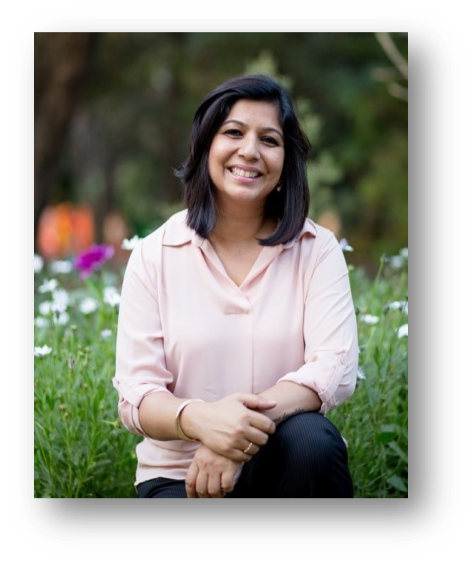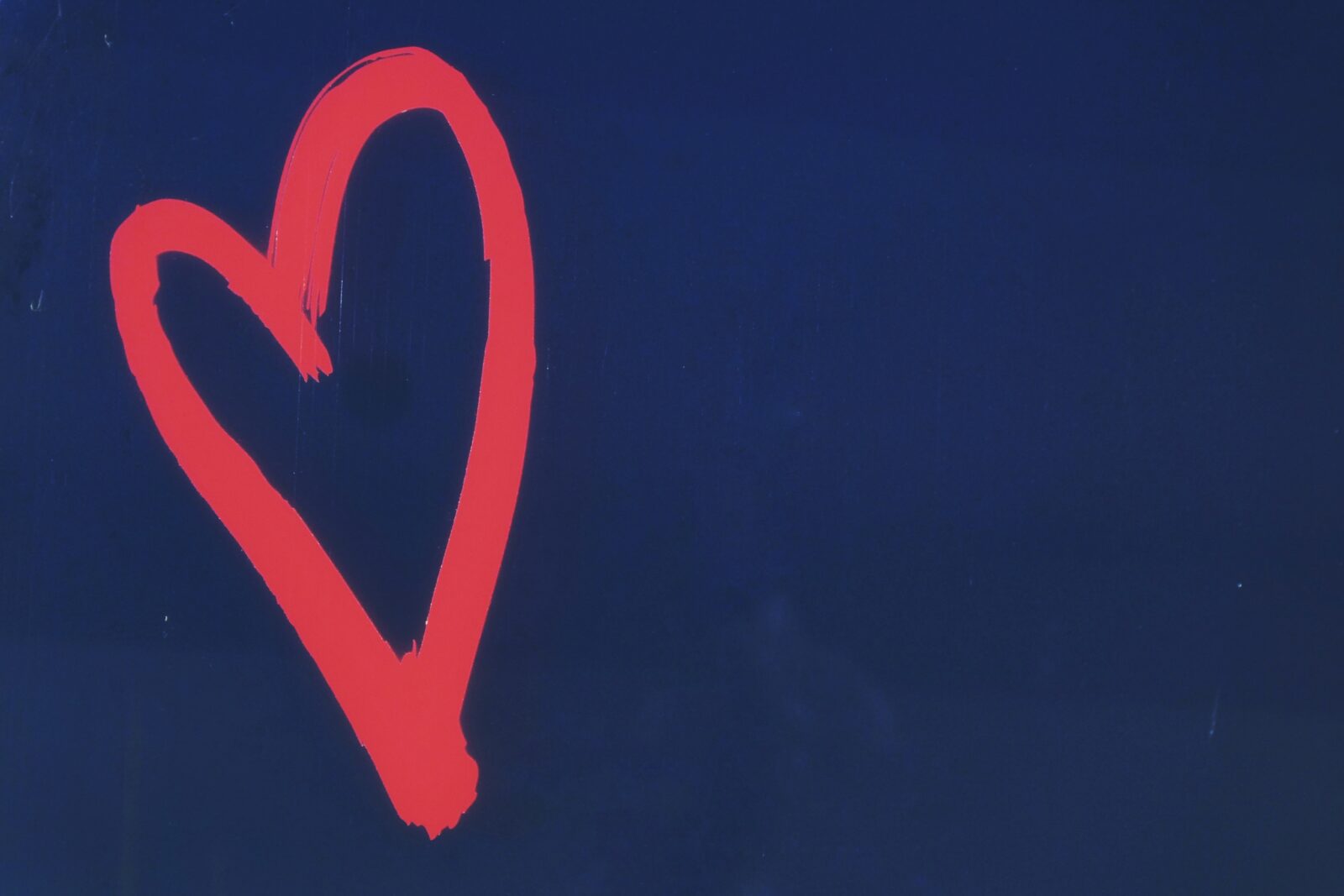
Many years ago, I came across one of the best books on subtle coaching called ‘The Noticer’ by Andy Andrews. Its concept stayed with me, and I have used it time and again whenever I feel stuck in my relationships, and also when I’m coaching others. The concept simply says that each one of us has our own love language. The first step is to identify, what’s your love language?
When we feel ‘unloved’ or ‘not loved enough’ in a certain relationship, we need to recognise the love language of the other person. Some of us express love by doing things for the ones we love, some do it by spending time with their loved ones, while others might be good at verbally expressing their love.
In his book, Andy broadly divides people into four categories:
- Dogs – These are the type who express their love verbally. They will say, ‘I love you’, ‘I think you’re absolutely amazing’, etc. They also love hearing love expressed similarly. Andy calls them dogs because dogs love to hear phrases of love.
- Cats – They are the type of people who love to cuddle, touch, hold hands and have physical contact, the same way that a cat does.
- Canary – These are the people who believe in spending quality time with the objects of their love. They expect others also to pay them special attention. They are like canaries who just want you to sit and listen to them sing.
- Goldfish – These people love to do little things to express their love. They’ll clean the dishes, fix the broken things at home, do things to make you feel ‘taken care of’. They expect the same from the ones they love. They are like goldfish – not needing to see or touch you as long as they are fed.
While people need not be just one or the other, they are more often one type than the rest. For example, I realise I might be the happiest with words of love and praise (a dog), though I do like attention and being looked after too!
In Neuro-Linguistic Programming (NLP), the same aspects are talked about slightly differently. It says that people often have a different representational system – that is, we all might be taking in information differently. For example, some might be more auditory (taking in information via hearing), some more visual (seeing) and some may be more kinesthetic (needing to touch more).
We all then express our love and experience love through these modes. If I’m more visual, I’ll probably not feel loved when someone tells me that they love me – I’ll need to see the evidence – gifts/letters/pictures would work better. Similarly, a kinesthetic person needs physical contact more than hearing and seeing.
There’s no point in me telling someone that I care and love them a hundred times if they ‘feel loved’ only when someone spends time with them. In NLP terms, I am auditory, and the other person is Kinesthetic. In Andy’s terms, I am a dog, and the other is a canary. It is almost like speaking English to a person who understands Chinese – a completely different language. You can see how communication would fail and so would the relationship.
So, how does all this information help us in making our relationships better? For that, we need just to ask ourselves some questions:
· What is ‘my love language’?
· What is the other person’s love language?
· Am I able to communicate in the other person’s language?
· Am I understanding their love language (the way in which they express their love)?
· How can I communicate my love in their language?
I urge you to think of a relationship you value, which you’d like to be better, and then think of the answers to the above questions. I can almost guarantee that you’ll see a perceptible change in your relationship. After all, honest communication is the backbone of thriving relationships, and for that both the people involved need to speak the same language. The same is true even for your language of love.

Payal Mittal Talwar
An NLP trainer and NLP and ICF life coach, Payal is also a published author of three books. She is deeply involved in advocating a minimal waste and plastic free lifestyle. Payal is a fitness enthusiast and an avid reader.

Interesting